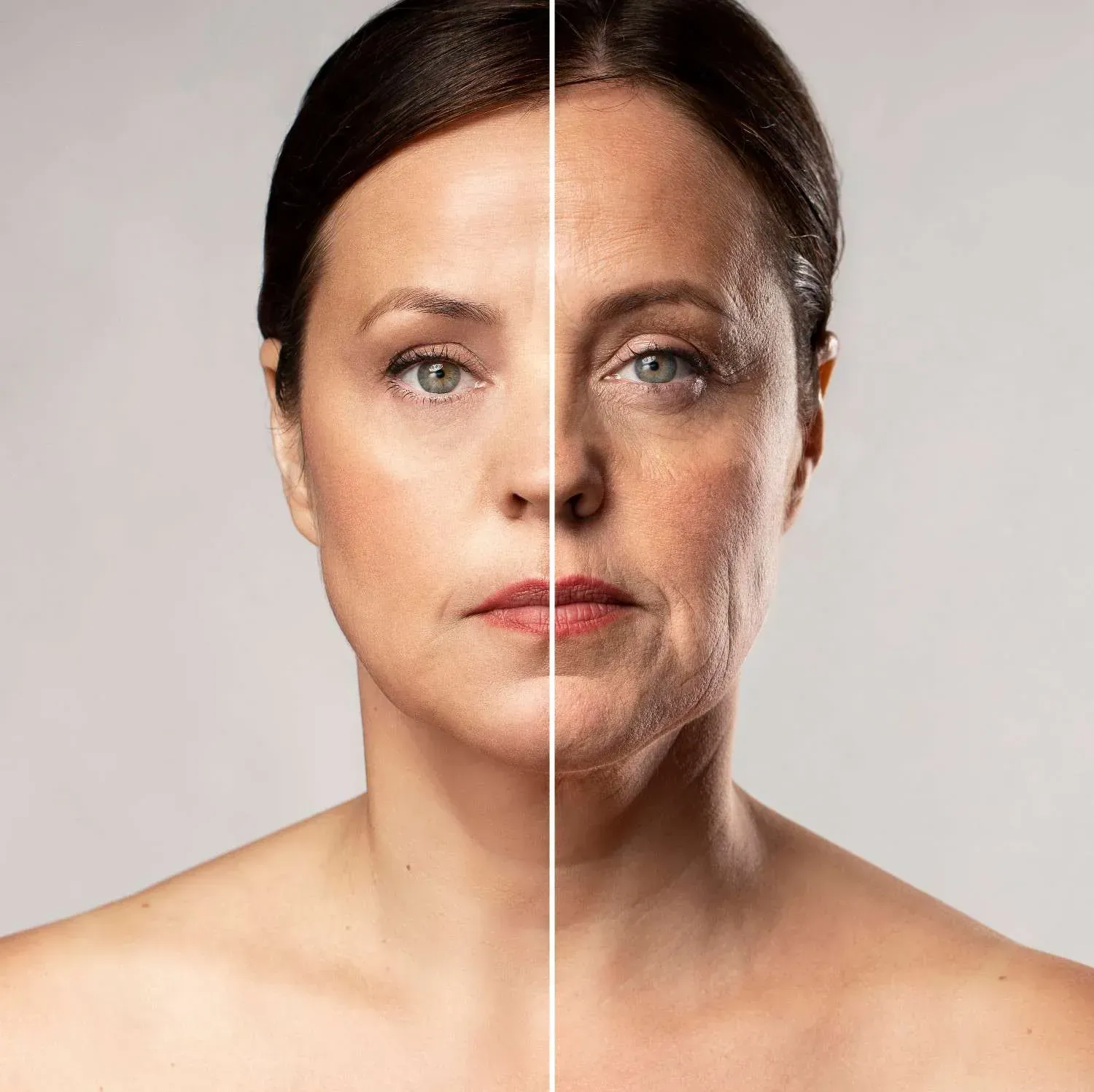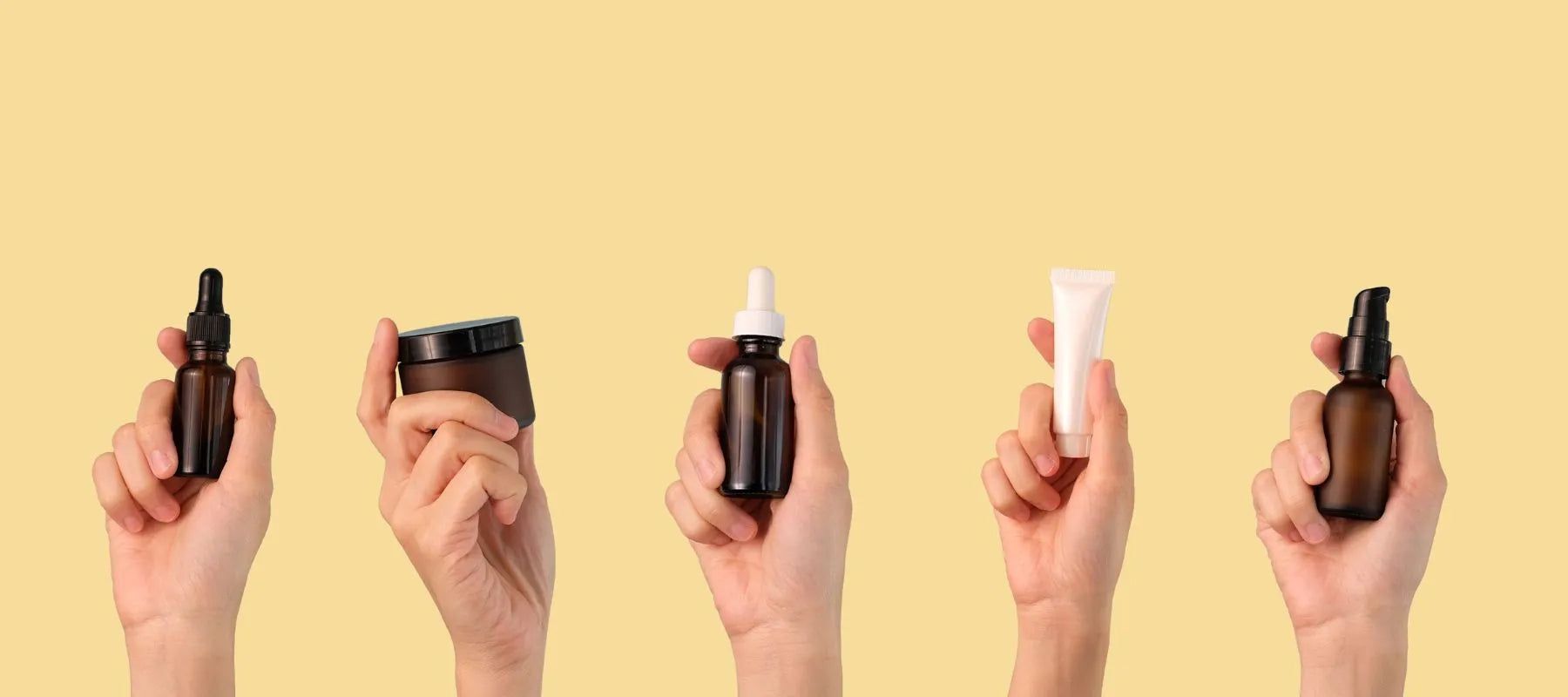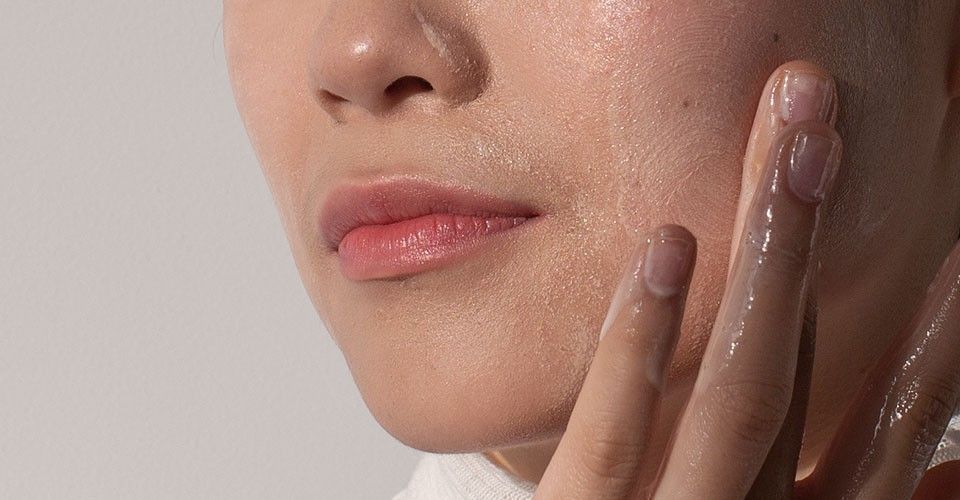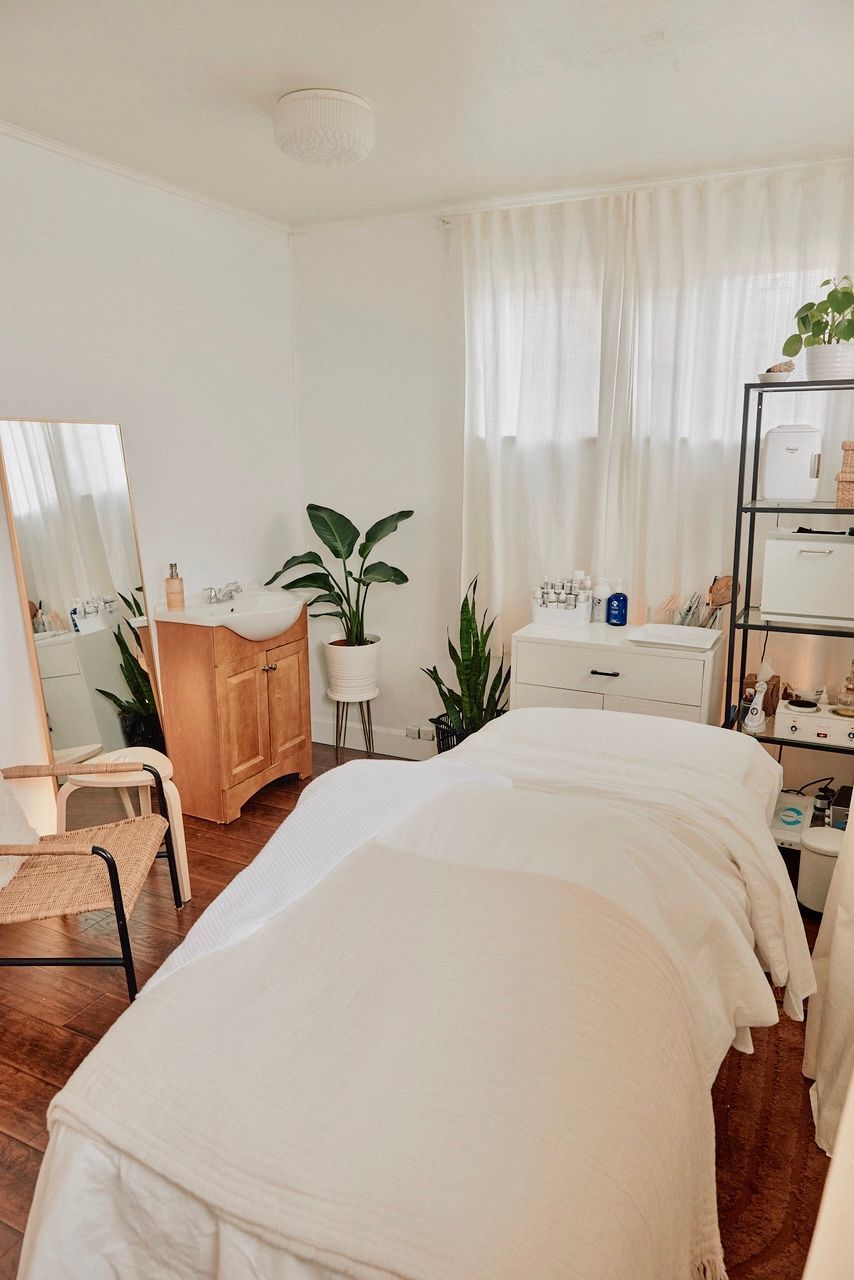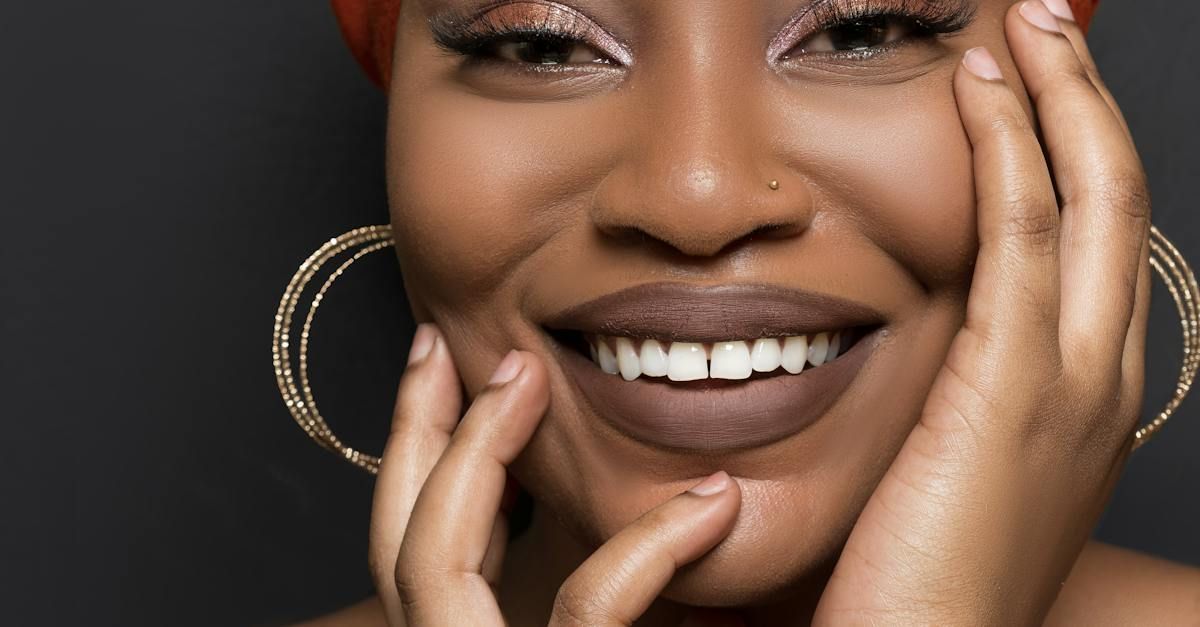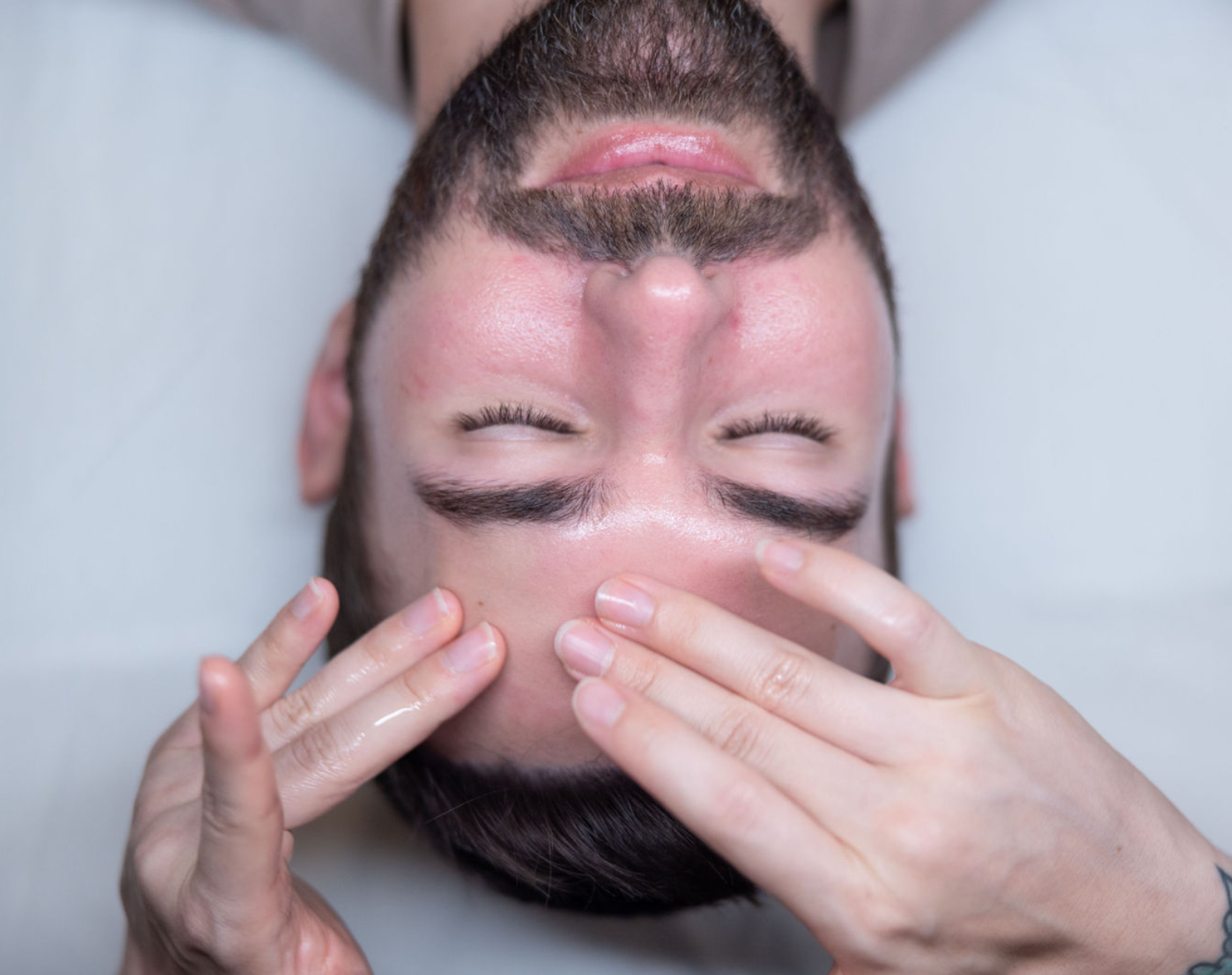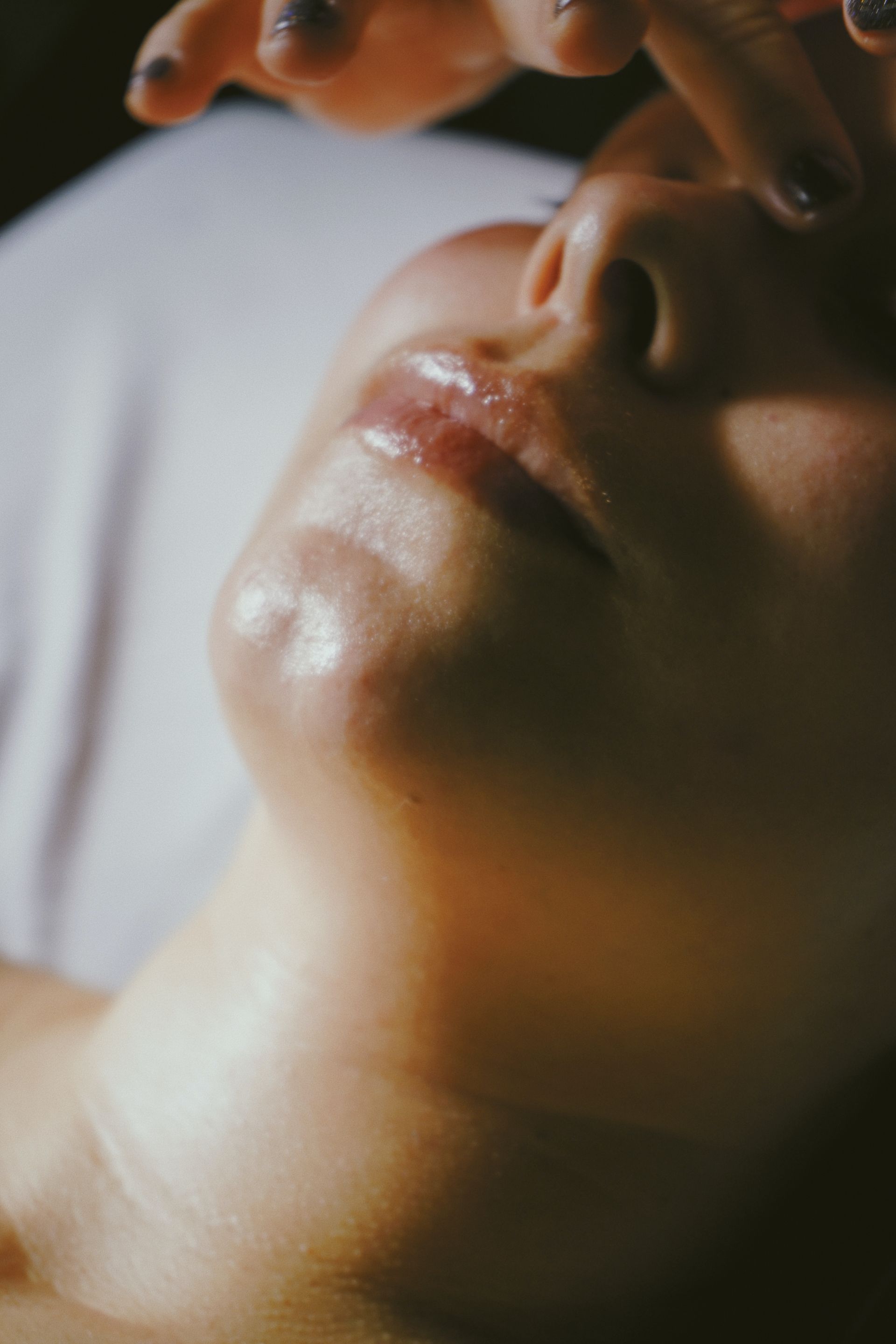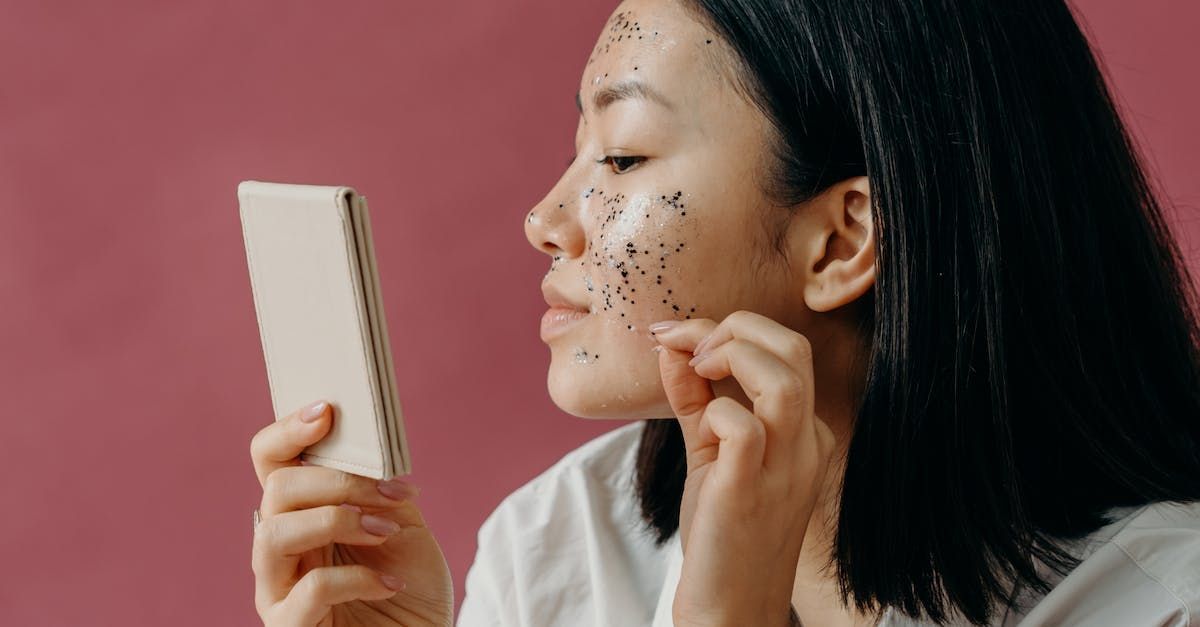Natural Acne Treatment: Holistic Methods That Work
Holistic approaches can treat acne by fixing the root causes inside your body instead of just treating what you see on your skin. Unlike harsh creams that only work on the surface, holistic methods help your whole body heal from the inside out.
This article will show you natural ways to clear your skin. You'll learn about the foods that help fight acne, how your gut health affects your skin, and simple stress management tips that really work.
Understanding Acne from a Holistic View
Acne happens when oil, dead skin cells, and bacteria clog your pores. But there's more to the story. Your skin is like a mirror that shows what's happening inside your body.
When you have acne, it often means other things are out of balance too. Your hormones might be off. Your gut might not be working well. You might have too much stress or inflammation in your body.
Traditional treatments often miss these deeper causes. They focus on killing bacteria or drying out your skin. But this approach doesn't last long. The acne usually comes back because the real problem is still there.
The Root Causes of Acne
Most adults with acne have one or more of these issues:
- Hormone imbalances - especially too much testosterone or insulin
- Poor gut health - when bad bacteria take over in your stomach
- High inflammation - your body's alarm system won't turn off
- Liver problems - your body can't clean out toxins well
- Too much stress - which messes up your whole system
When you fix these root causes, your skin gets better naturally.
How Your Diet Affects Your Skin
The food you eat plays a huge role in how your skin looks. Some foods make acne worse by causing inflammation and hormone spikes. Other foods help calm your skin and balance your body.
Foods That Make Acne Worse
Dairy Products Milk, cheese, and yogurt contain hormones that can make your skin produce more oil. Even organic milk has growth factors that trigger breakouts. Skim milk seems to be the worst offender.
High-Sugar Foods Foods that spike your blood sugar quickly can make acne worse. This includes white bread, candy, soda, and most processed snacks. These foods mess with your insulin levels, which then affects your skin.
Processed Foods Fast food, chips, and packaged meals are full of chemicals and bad fats. These foods feed the bad bacteria in your gut and cause inflammation throughout your body.
Foods That Help Clear Your Skin
Omega-3 Rich Foods Fish like salmon, sardines, and mackerel contain healthy fats that fight inflammation. Walnuts, flax seeds, and chia seeds are good plant sources of omega-3s.
Antioxidant-Rich Foods Colorful fruits and vegetables protect your skin from damage. Blueberries, spinach, sweet potatoes, and bell peppers are great choices.
Zinc-Rich Foods Zinc is crucial for healing acne. According to the National Institutes of Health , people with acne often have significantly lower zinc levels than those with clear skin. Good sources include pumpkin seeds, oysters, beef, and eggs.
Fiber-Rich Foods Beans, lentils, oats, and vegetables feed the good bacteria in your gut. A healthy gut means clearer skin.
The Gut-Skin Connection
Your gut and skin are more connected than you might think. Scientists call this the "gut-skin axis." When your gut bacteria are out of balance, it shows up as acne on your face.
How Gut Health Affects Acne
The Leaky Gut Problem When your gut lining gets damaged, toxins leak into your bloodstream. Your body tries to get rid of these toxins through your skin, causing inflammation and breakouts.
Bacterial Imbalance People with acne have different gut bacteria than people with clear skin. Research published in the Journal of Dermatology shows they usually have less variety of good bacteria and more harmful bacteria.
Inflammation Pathway Gut problems create inflammation that travels through your whole body. This inflammation makes acne worse and harder to heal.
Healing Your Gut for Clear Skin
Take Probiotics Probiotics are good bacteria that help balance your gut. Studies show that certain strains like Lactobacillus and Bifidobacterium can reduce acne inflammation.
Good probiotic foods include:
- Yogurt with live cultures
- Kefir
- Kimchi
- Sauerkraut
- Kombucha
Eat Prebiotic Foods Prebiotics feed the good bacteria in your gut. They're like fertilizer for your healthy gut bugs. Great sources include:
- Garlic and onions
- Asparagus
- Bananas
- Oats
- Apples
Remove Gut Irritants Stop eating foods that damage your gut lining. This includes processed foods, excess sugar, and foods you're allergic to.
Managing Stress for Clearer Skin
Stress is a major trigger for acne, especially in women. When you're stressed, your body makes more hormones that increase oil production in your skin.
How Stress Causes Acne
Hormone Surge Stress activates your adrenal glands to pump out extra androgen hormones. These hormones tell your oil glands to work overtime, leading to clogged pores.
Inflammation Boost Chronic stress keeps your body in a constant state of alert. This ongoing inflammation makes existing acne worse and prevents healing.
Sleep Disruption Poor sleep from stress affects your skin's ability to repair itself. Studies show that people with acne often have sleep problems too.
Natural Stress Management Techniques
Deep Breathing Take 5-10 slow, deep breaths when you feel stressed. This activates your body's relaxation response and lowers stress hormones.
Regular Exercise Physical activity helps balance hormones and reduces stress. Even a 20-minute walk can make a difference.
Meditation and Mindfulness Just 10 minutes of daily meditation can lower stress hormones and improve your skin over time.
Get Enough Sleep Aim for 7-9 hours of sleep each night. Your skin repairs itself while you sleep, so this is crucial for healing acne.
Natural Remedies That Actually Work
Many natural ingredients have been studied and proven to help with acne. Here are the ones with the best research behind them.
Topical Natural Treatments
Tea Tree Oil Tea tree oil kills acne bacteria and reduces inflammation. A study published in the International Journal of Dermatology found it works as well as benzoyl peroxide but with fewer side effects.
How to use: Mix 1-2 drops with a carrier oil like jojoba oil. Apply to clean skin once daily.
Zinc Oxide Topical zinc helps heal acne and reduce scarring. It also protects your skin from sun damage. Look for sunscreens with zinc oxide.
Aloe Vera Aloe vera has antibacterial and anti-inflammatory properties. It can soothe irritated skin and help acne heal faster.
Green Tea Green tea contains antioxidants that fight inflammation. You can apply cooled green tea to your skin or drink it daily.
Oral Natural Supplements
Zinc People with acne often have low zinc levels. Taking zinc supplements can significantly reduce inflammatory acne lesions.
Recommended dose: 30-40mg daily with food to avoid stomach upset.
Omega-3 Fatty Acids Fish oil supplements help reduce inflammation throughout your body, including in your skin.
Vitamin D Many people with acne have low vitamin D levels. This vitamin helps control oil production and fight acne bacteria.
Probiotics Choose supplements with multiple strains of bacteria. Look for products that are third-party tested for quality.
Hormonal Balance for Clear Skin
Hormonal acne affects about 50% of women in their 20s and 25% of women in their 40s. It usually shows up on the lower face, jaw, and neck.
Signs Your Acne Is Hormonal
- Breakouts happen around your period
- Acne is mainly on your jawline and chin
- You have other hormone symptoms like irregular periods
- Your acne started or got worse as an adult
Natural Hormone Balancing
Support Your Liver Your liver breaks down excess hormones. When it's not working well, hormones build up and cause acne.
Help your liver by:
- Drinking plenty of water
- Eating cruciferous vegetables like broccoli
- Limiting alcohol
- Avoiding processed foods
Balance Blood Sugar High blood sugar leads to insulin spikes, which trigger hormone imbalances. Eat protein with every meal and choose complex carbs over simple sugars.
Get Moving Exercise helps balance hormones naturally. It lowers insulin levels and reduces stress hormones.
The Role of Sleep in Skin Health
Poor sleep is linked to more severe acne. Your skin repairs itself during deep sleep, so getting enough rest is crucial for clear skin.
How Sleep Affects Your Skin
Growth Hormone Release Your body releases growth hormone during deep sleep. According to research from Harvard Medical School , this hormone helps repair damaged skin cells and fight inflammation.
Stress Hormone Control Good sleep keeps cortisol (stress hormone) levels in check. High cortisol makes acne worse.
Immune System Support Sleep strengthens your immune system, helping your body fight acne bacteria more effectively.
Tips for Better Sleep
- Go to bed at the same time every night
- Keep your bedroom cool and dark
- Avoid screens for 1 hour before bed
- Try relaxation techniques like gentle stretching
- Limit caffeine after 2 PM
Professional Holistic Support
While you can do a lot on your own, sometimes you need professional help to get to the root of your acne.
When to Seek Help
- Your acne is severe or getting worse
- You have other symptoms like irregular periods or excessive hair growth
- You've tried natural approaches for 3 months without improvement
- Your acne is affecting your mental health
Types of Holistic Practitioners
Naturopathic Doctors Naturopaths look at the whole body to find the root cause of acne. They use diet, herbs, and lifestyle changes to restore balance.
Functional Medicine Doctors These doctors use lab tests to find hidden imbalances like nutrient deficiencies or hormone problems.
Licensed Estheticians Look for estheticians who understand the connection between internal health and skin. Many professional facial treatments can complement your holistic approach.
Creating Your Holistic Acne Plan
Here's how to put it all together for the best results:
Week 1-2: Start with Diet
- Remove dairy and high-sugar foods
- Add more vegetables and healthy fats
- Start taking a basic probiotic
Week 3-4: Add Stress Management
- Begin a daily relaxation practice
- Improve your sleep routine
- Add gentle exercise if you're not already active
Week 5-8: Fine-tune with Supplements
- Add zinc if needed (get tested first)
- Consider omega-3 supplements
- Try topical natural remedies
Week 9-12: Evaluate and Adjust
- Track your progress with photos
- Notice which changes help most
- Adjust your plan based on results
Common Mistakes to Avoid
Trying Everything at Once Make changes slowly so you can see what actually helps. Add one new thing every 1-2 weeks.
Expecting Overnight Results Holistic approaches take time. Most people see improvement in 8-16 weeks, not days.
Ignoring Your Skin Type What works for oily skin might not work for dry skin. Pay attention to how your skin responds.
Skipping Professional Help If you have severe acne or other health issues, work with a qualified practitioner.
Combining Holistic and Traditional Treatments
You don't have to choose between natural and conventional treatments. Many people get the best results by combining both approaches.
Safe Combinations
- Use gentle topical treatments with dietary changes
- Combine stress management with professional acne facials
- Take supplements alongside prescribed medications (with doctor approval)
What to Watch For
- Don't overload your skin with too many products
- Tell your doctor about all supplements you're taking
- Stop any treatment that makes your skin worse
Final Thoughts
Treating acne holistically means looking at your whole body, not just your skin. By addressing the root causes - poor diet, gut imbalance, stress, and inflammation - you can achieve clearer skin that lasts.
The key is patience and consistency. Start with the basics: clean up your diet, manage stress, and support your gut health. Add natural remedies and supplements as needed. Give your body time to heal and rebalance.
Remember, everyone's skin is different. What works for your friend might not work for you. Pay attention to your body's signals and adjust your approach as needed.
If you're in the Denver area and want professional support for your skin, consider booking a consultation to learn how clinical skin services can complement your holistic approach. Clear skin is possible when you treat your body as the connected system it is.
Start small, stay consistent, and be patient with yourself. Your skin - and your whole body - will thank you for taking this natural approach to healing.
